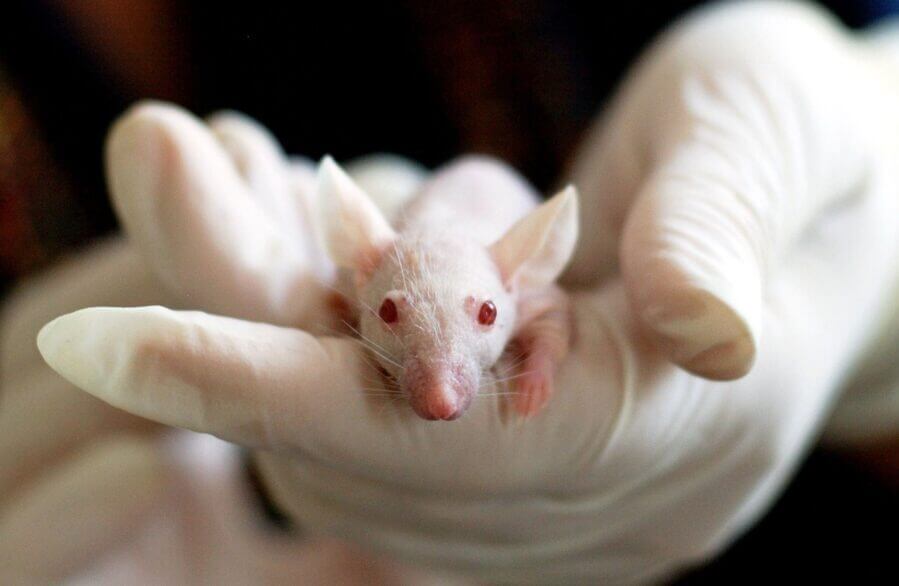New research presented at the Federation of European Neuroscience Societies (FENS) Forum 2024 questions the safety of cannabidiol (CBD) for pregnant women. Two studies in mice have shown that gestational exposure to CBD alters the behavior of offspring and affects the nerve cells (neurons) in the insular cortex (IC) of the brain, which is involved in processing emotions and signals from the senses.
Dr Daniela Iezzi and Ms Alba Caceres Rodriguez, from INSERM Université Aix-Marseille, France, emphasize the importance of understanding the impact of CBD on the developing nervous system, as it is a public health priority. “Scientific evidence has proven that CBD crosses the placenta, can reach the brain of rodents and human embryos and is also present in breast milk; therefore, it’s a public health priority to understand the impact of CBD on the developing nervous system as we don’t yet know the consequences of CBD exposure to the brain during development,” says Ms Caceres Rodriguez.
Behavioral Changes in Offspring Exposed to CBD During Gestation
The researchers injected pregnant female mice with a low dose of CBD (3mg/kg) from day 5 to day 18 of gestation. After the pups were born and became adults, their behaviors were tested using a technology called ‘Live Mouse Tracker’. The results showed that CBD-exposed females tended to move around more in their new environment compared to females that didn’t receive CBD during gestation. Additionally, both male and female mice treated with CBD established more physical contacts with each other compared to control mice.
“These findings indicate that prenatal exposure to CBD alters specific behaviours of groups of mice and that this depends on their sex,” says Ms Caceres Rodriguez.
CBD Alters Functionality of Neurons in the Insular Cortex
Dr Iezzi studied the brains of adult mice that had been exposed to CBD during gestation and compared them with the brains from the control group. She examined specific brain cells called pyramidal neurons in both the anterior IC (aIC), responsible for processing emotional and social signals, and the posterior IC (pIC), which processes perceptions of pain and the physical and emotional state of the body.
“Our results reveal that prenatal exposure to CBD profoundly changes the functionality of neurons in the insular cortex. We saw differences according to sex and also according to the IC sub-regions. In particular, pyramidal neurons in the pIC lose their cellular identity following prenatal exposure to CBD and no longer behave like typical pIC neurons. This could have negative consequences on specific functions of the pIC,” says Dr Iezzi.
While the research is carried out in mice and caution is necessary when considering implications for humans, the findings have significant implications for understanding the effects of CBD on fetal life. Professor Richard Roche, Deputy Head of the Department of Psychology at Maynooth University, Ireland, who was not involved in the research, emphasizes the need for more research and better data to understand the prevalence of CBD use during pregnancy, particularly in Europe.
If our reporting has informed or inspired you, please consider making a donation. Every contribution, no matter the size, empowers us to continue delivering accurate, engaging, and trustworthy science and medical news. Independent journalism requires time, effort, and resources—your support ensures we can keep uncovering the stories that matter most to you.
Join us in making knowledge accessible and impactful. Thank you for standing with us!

